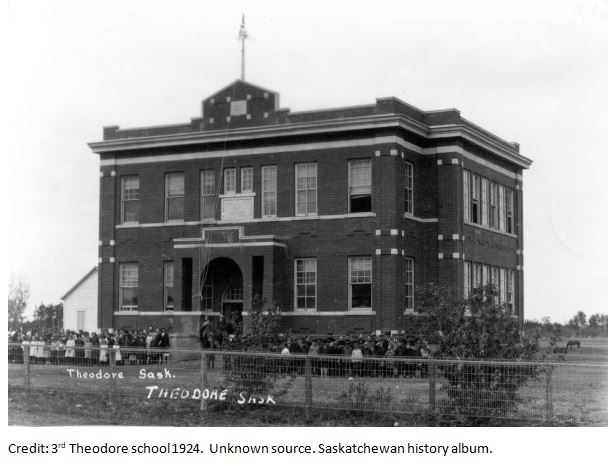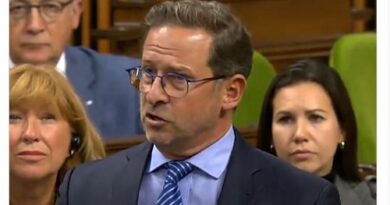Catholic Schools can [finally]
take a victory lap
February 25, 2021. Thursday’s Supreme Court of Canada (SOC) decision re the Theodore school question in Saskatchewan offers an insight into constitutionally guaranteed denominational rights and the primacy of the Constitution over subordinate (inferior) legislation.
Lawyers will rush to “differentiate” the issues under consideration and the consequential implications. It is what they are trained to do – much like critics who “parse” sentences and literary works. That would be “a given”; there are narrow issues and larger implications at issue. The SOC would have weighed them, before it decided NOT to hear an appeal by the Province/public school boards against a previous decision of Saskatchewan Court of Appeal (SCA) in the matter of Catholic schools in Theodore, population 323.
The SCA had overturned a lower Court decision in 2017 that had gone against the Theodore Roman Catholic School Division (TRCSD). The TRCSD had been formed to keep a school open in the village of Theodore by Catholic parents (in 2003) who then, in an act of inclusion, made admission available to non-Catholic children (presumably under conditions established by the bishop, as per Constitutional prerogative).
As Tom Fortosky, Executive Director of the Saskatchewan Catholic School Boards Association, said in a statement: “…the decision confirms… parents know what is best for their children and should be able to choose Catholic, faith-based education… no matter their reasons, faith backgrounds or traditions.” The Premier, Scott Moe reiterated that the Province does as well.
Some might have suggested other motivations. According to Saskatoon Radio 650 CKOM news, when the Appeal was launched in April of last year, the Chair of Public Schools of Saskatchewan claimed, “that the issue was not about whether separate schools have the right to exist in Saskatchewan, but rather they should be receiving public funding while admitting students of a minority faith”.
The Supreme Court of Canada would seem to remind everyone that the Constitution rights have primacy over the issues of funding, while the Church exercises the same over the religious program – not the Province and not the school board. The money follows the student.
Had the Catholic school NOT opened it doors, the children would have had to take an 80 km roundtrip highway bus ride to the closest school. Tom Fotorsky, in his statement said, “the decision…can be considered a victory for both religious and parental rights and freedoms.”
Neither the Government of Ontario (through the Ministry of the Attorney General) nor the Toronto Catholic District School Board (TCDSB), now named in an application for Judicial Review of decisions made by the TCDSB in respect of those religious rights and freedoms, responded to several requests for comment at time of going to print.
The SOC “decision” affirms the Constitutional rights of parents to funding for, and freedom of access to, a faith-based education for their children. In a “Catholic religion”, the Magisterium (the spokesperson for dogma pronounced ex cathedra) who decides “what is or is not Catholic” is (in southern Ontario generally) the Cardinal. Unless a resentful petty politico thinks it may be a good idea to outlaw religion…
Someone else just hit a home run for the Cardinal. Time for him to take a victory lap and become proactive.




